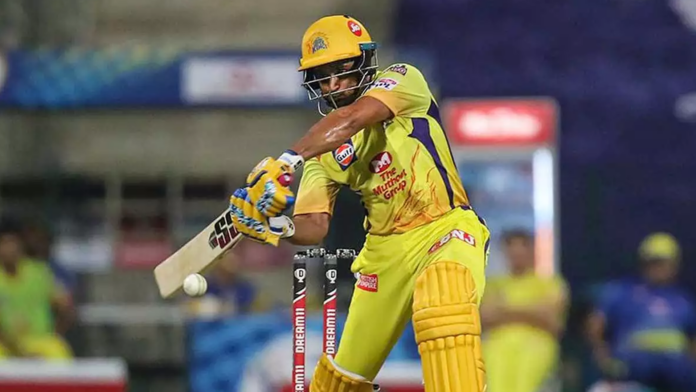Former Indian cricketer Ambati Rayudu has withdrawn from the inaugural season of Major League Cricket, citing personal reasons. Rayudu’s decision comes after the BCCI’s call to propose an amended policy regarding the retired Indian players’ participation in overseas T20 leagues. He was set to feature for Texas Super Kings, a team owned by his IPL franchise Chennai Super Kings.
The announcement comes amidst speculations around a “cooling-off” period that may be enforced by the Board of Control for Cricket in India (BCCI) to curtail cricketers from instantly joining international T20 leagues post-retirement.
Rayudu, who had announced his retirement from all forms of cricket on May 28, joined TSK, a sister franchise of his former IPL team Chennai Super Kings, on June 15. However, due to undisclosed personal issues, Rayudu will not participate in the maiden MLC season with TSK. As per the franchise’s official statement, he will support his team from his homeland, India.
“Ambati Rayudu will not be available to participate in the first season of the MLC with Texas Super Kings due to personal reasons. He will continue to cheer for the team from India,” the statement said.
It is worth mentioning that Rayudu’s withdrawal from MLC comes after BCCI Secretary, Jay Shah, hinted at implementing a policy to avert the trend of pre-planned retirements.
“We’ll come out with a policy to prevent the trend of pre-determined retirement. The office bearers will make a policy and send it back for approval,” said Shah after the Apex Council Meet.
Meanwhile, a report from The Indian Express suggests that this policy could be a cooling-off phase restricting players from participating in foreign private leagues for a specific duration post-retirement.
ICC World Cup 2023 Schedule Announced, Click Here To Check Full Schedule
However, this policy proposal has already sparked a wave of criticism from fans and experts alike. Critics argue that this policy might be unfair, possibly illegal, and discriminatory against cricketers who have the right to earn their livelihood post-retirement from international cricket.
Hence, questions are being raised about the BCCI’s authority to prevent players from reversing their retirement decisions and whether they have any legal standing to enforce such a policy.






















